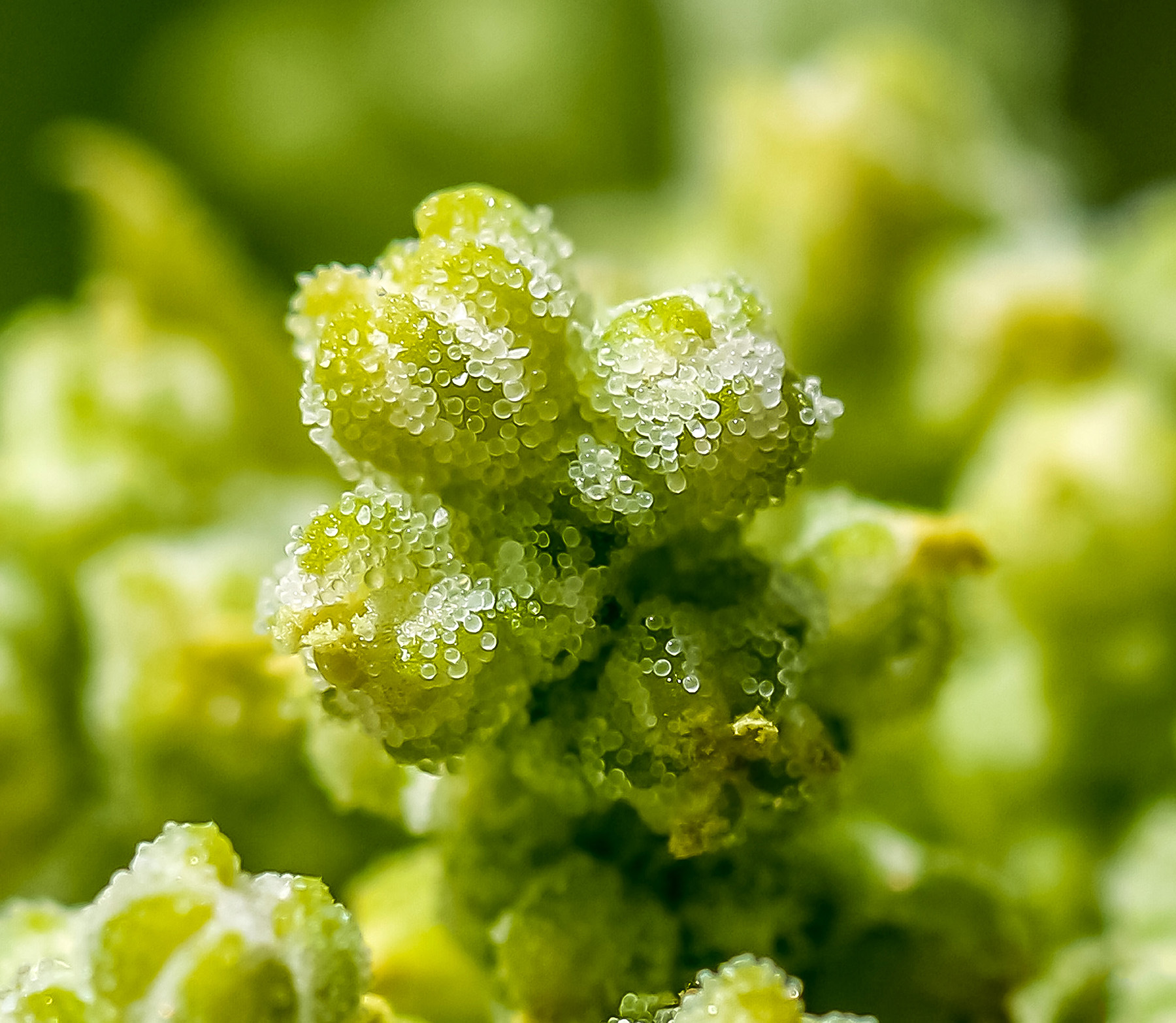Biography
Ahmed Elhady is a postdoctoral fellow at the Center for Desert Agriculture at KAUST, whose work is focused on Plant-Nematode-Microbe interaction. He received his PhD with the highest distinction, "Summa Cum Laude", from TU Braunschweig in Germany. Throughout his career, he has successfully acquired third-party funding and research grants from organizations such as CIHEAM, DAAD, and the German Research Foundation (DFG). With the support of two DFG-funded projects, he began his independent career and research, resulting in promising findings that shed light on the mechanisms behind nematode suppression by microbes in the rhizosphere. Ahmed is passionate about exploring how microbes interact in the network and support the functional traits of plants and ecosystems. He has recently joined the
Darwin21 lab at KAUST with the goal of linking basic and applied research to benefit society in the Kingdom.
Research Interests
Ahmed's research aims to understand how crop-coexisting microbial networks can be harnessed and engineered to breed resilient plants that are tolerant to soil pathogens and can confer sustainable yield stability. Specifically, he focuses on the plant-nematode-microbe interaction, investigating the mechanisms underlying nematode suppression in the rhizosphere due to enriched microbes. Ahmed is also interested in how nematodes regulate microbial signals in the soil and whether such signals can be developed for new eco-friendly plant health products. He firmly believes that the desert ecosystem has significant potential to act as a sink for CO2 and mitigate the challenges of climate change.
Research Interests Keywords
microbiome
nematodes
microbial signals
networking
coalescence
desert ecosystem
plant breeding
pathogen resistance

